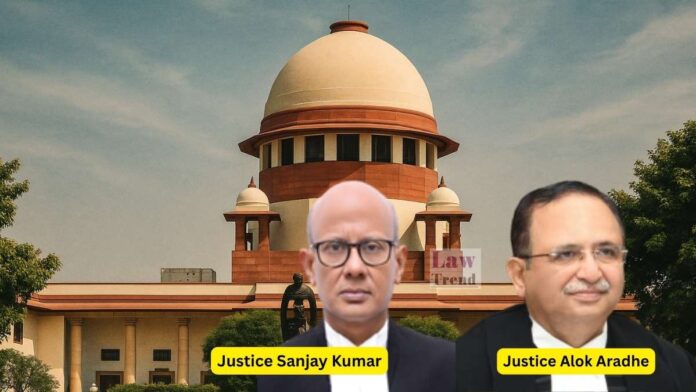The Supreme Court has held that a Letters Patent Appeal (LPA) is not maintainable against an order passed by a Single Judge in the course of executing an arbitral award, as the Arbitration and Conciliation Act, 1996 (the Act) is a self-contained code. The Court further ruled that the issuance of a notice under Order
To Read More Please Subscribe to VIP Membership for Unlimited Access to All the Articles, Download Available Copies of Judgments/Order, Acess to Central/State Bare Acts, Advertisement Free Content, Access to More than 4000 Legal Drafts( Readymade Editable Formats of Suits, Petitions, Writs, Legal Notices, Divorce Petitions, 138 Notices, Bail Applications etc.) in Hindi and English.




